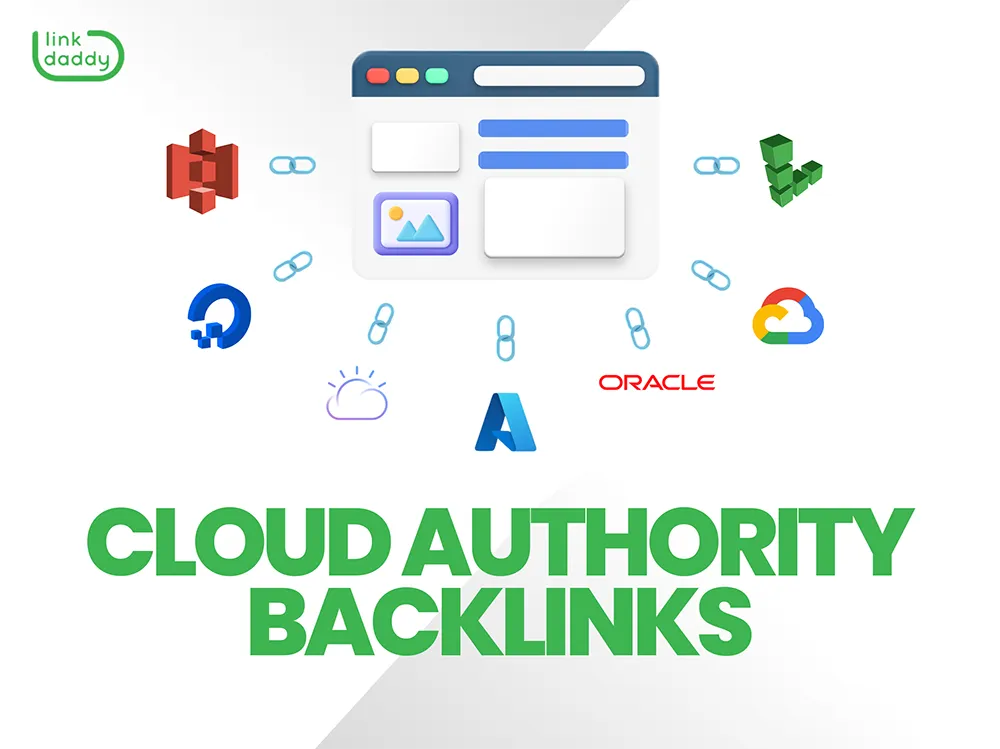Unraveling the Enigma Behind Cloud Solutions: What You Required to Know
In today's quickly progressing technological landscape, the concept of cloud solutions has actually become significantly prevalent, yet stays shrouded in a shroud of mystery for numerous. As organizations and people proceed to embrace the cloud for its scalability, versatility, and cost-efficiency, comprehending its details becomes vital. From the various sorts of cloud deployment models to the vital safety factors to consider that enter play, browsing the realm of cloud solutions can be a difficult job. This expedition intends to clarify vital elements that are necessary for any person looking to harness the power of the cloud successfully.
Comprehending Cloud Services
To realize the concept of cloud services, one must comprehend the basic principles of virtualized computer and remote data storage space. Cloud services, also called cloud computing, include the shipment of calculating solutions-- including servers, storage space, data sources, networking, software application, and analytics-- over the net to use faster advancement, adaptable sources, and economic situations of range. This version enables organizations to access technology sources without the need for straight management of the underlying framework.

Comprehending these fundamental components of virtualized computer and remote data storage is crucial for understanding the benefits and performances of cloud services in today's electronic landscape. - universal cloud Service
Sorts Of Cloud Implementation Designs
Cloud implementation versions incorporate different strategies for releasing and managing cloud computing services to satisfy certain organization requires efficiently. There are largely 3 sorts of cloud deployment models: public cloud, personal cloud, and hybrid cloud.
Public Cloud: Public cloud services are offered by third-party vendors over the web, making them economical and quickly available. These services are suitable for organizations wanting to offload IT procedures and upkeep to external suppliers.

Hybrid Cloud: Crossbreed cloud incorporates aspects of both exclusive and public clouds, enabling organizations to take advantage of the scalability of the general public cloud while preserving control over essential applications and data in a private cloud setting. This design provides adaptability and personalization options, making it a prominent choice for businesses with vibrant workloads and differing IT requires.
Benefits of Cloud Provider
Enhancing functional efficiency and fostering development, cloud solutions provide a plethora of benefits for modern companies looking for to optimize their IT facilities. One of the key benefits of cloud solutions is cost-effectiveness. By transitioning to the cloud, businesses can get rid of the demand for extensive hardware financial investments and maintenance costs. This pay-as-you-go version allows business to scale their sources according to their current needs, preventing unneeded costs.
One more benefit is enhanced adaptability and scalability. Cloud solutions give organizations with the capacity to promptly adjust to transforming market problems and scale their procedures up or down as needed. This agility allows companies to respond quickly to new opportunities and obstacles, providing an one-upmanship in today's busy service atmosphere.
Furthermore, cloud solutions supply enhanced data safety and catastrophe recovery abilities. Cloud carriers spend heavily in durable safety procedures, guaranteeing that data is protected from violations and unauthorized access. Furthermore, cloud-based backup and recovery remedies assist businesses guard their essential information and lessen downtime in case of a disaster. In general, leveraging cloud services can empower organizations to improve procedures, drive advancement, and attain lasting success in the digital age.
Security Factors To Consider in the Cloud
In the realm of cloud services, focusing on robust security steps is important for guarding delicate data and ensuring functional strength. When considering safety and security in the cloud, it is vital to attend to elements such as information file encryption, identification and access management, network safety, and Continue compliance with sector laws. Encryption plays an essential role in safeguarding information both at rest and en route, guaranteeing that information stays safe and private from unapproved gain access to. Identification and gain access to management devices help control who can access data and resources within the cloud atmosphere, lowering the risk of data breaches.
Furthermore, applying rigorous network security steps, such as firewall softwares and invasion discovery systems, can aid prevent cyber threats and unauthorized accessibility to cloud facilities. Conformity with sector guidelines, such as GDPR or HIPAA, is vital for companies handling sensitive information to avoid lawful ramifications and preserve depend on with consumers. By resolving these protection considerations proactively, companies can minimize risks and with confidence utilize the benefits of cloud solutions while securing their electronic possessions.
Choosing the Right Cloud Company
As companies navigate the detailed landscape of safety and security factors to consider in the cloud, the procedure of choosing the appropriate cloud company becomes vital for making sure extensive information defense and operational effectiveness. When selecting a cloud company, companies should take into consideration several crucial factors. Firstly, reviewing the company's security protocols, compliance qualifications, and information security practices is important to secure delicate details. In addition, analyzing the provider's service level contracts (SLAs) for uptime warranties, support responsiveness, and disaster recovery plans is vital to preserve functional connection (universal cloud Service).
Additionally, organizations should examine the scalability that site and versatility of the cloud services provided to ensure they straighten with existing and future service demands. Comprehending the service provider's pricing framework, consisting of any hidden prices or charges, is also essential for budget plan management. Moreover, evaluating the service provider's track credibility, document, and client reviews can offer beneficial insights right into their reliability and solution quality. By performing thorough research study and due persistance, organizations can pick a cloud provider that not just meets their technical needs but likewise supports high requirements of safety and security and performance.
Conclusion
In conclusion, cloud services provide various benefits such as scalability, price effectiveness, and adaptability. Understanding the different kinds of cloud implementation versions and thinking about security steps are essential when picking a cloud company. It is necessary to evaluate the particular needs of an organization and thoroughly evaluate the alternatives readily available to make certain an effective shift to the cloud.
From the various types of cloud deployment versions to the vital safety considerations that come right into play, browsing the world of cloud services can be my review here an overwhelming job. Cloud services, also known as cloud computer, include the delivery of calculating services-- including servers, storage space, databases, networking, software, and analytics-- over the web to provide faster development, flexible sources, and economic climates of scale. Crossbreed Cloud: Hybrid cloud incorporates components of both exclusive and public clouds, permitting companies to utilize the scalability of the public cloud while preserving control over vital applications and information in a private cloud atmosphere.As organizations navigate the detailed landscape of security factors to consider in the cloud, the procedure of choosing the appropriate cloud service copyright becomes extremely important for making sure comprehensive data defense and operational effectiveness. Recognizing the different types of cloud implementation versions and thinking about protection measures are vital when choosing a cloud service supplier.